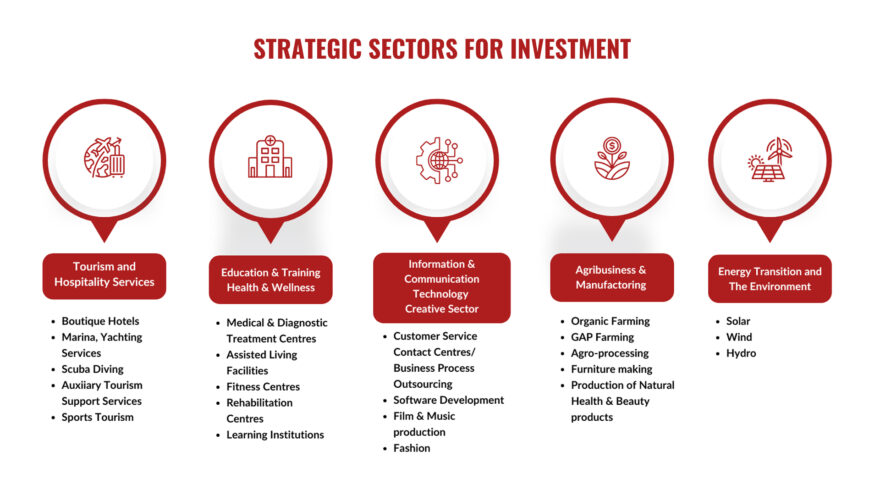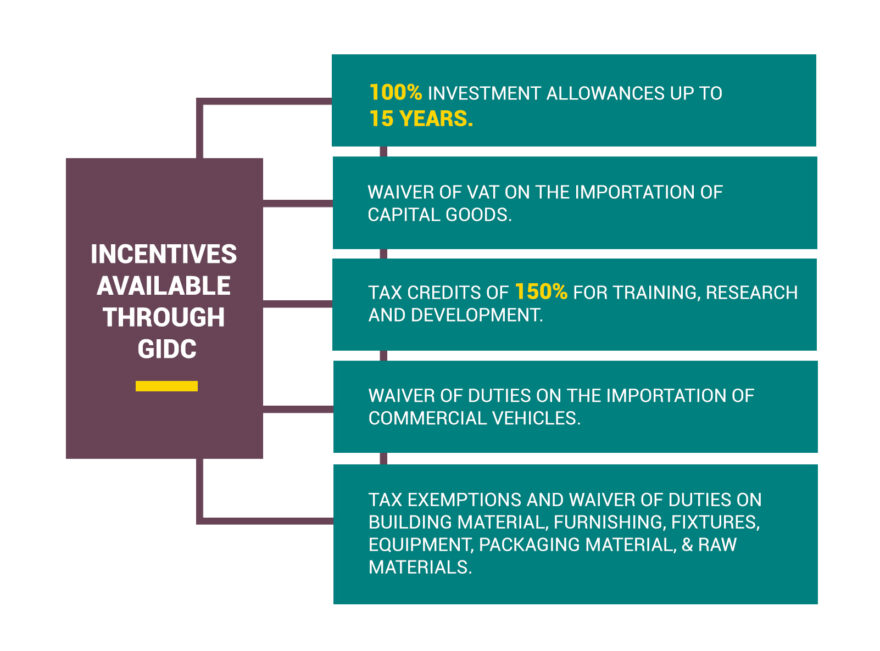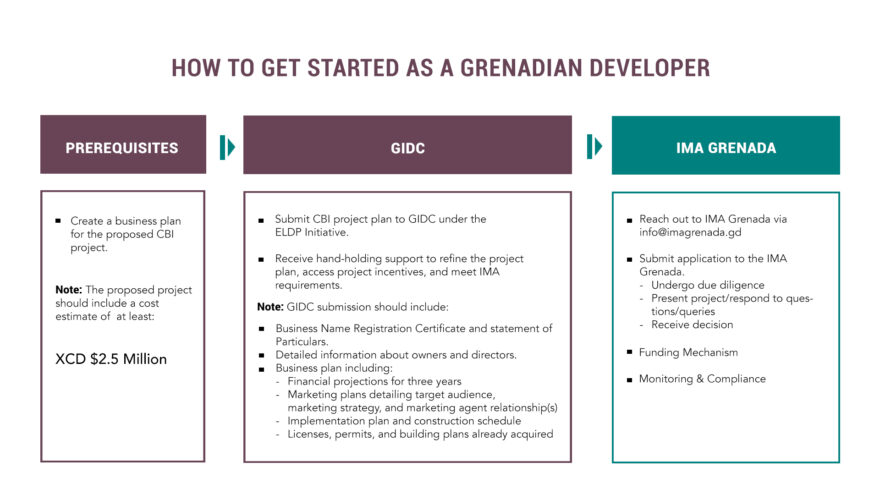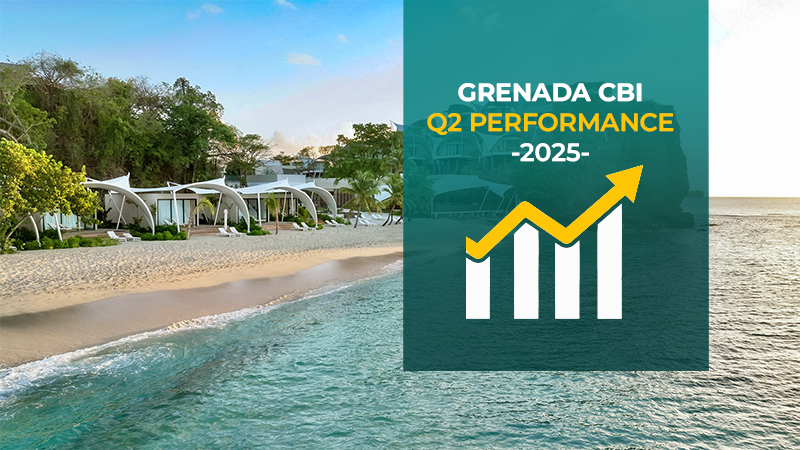St. George, Grenada – In a bold and transformative move, Grenada’s Citizenship by Investment (CBI) Programme has reinforced its support for local innovation and entrepreneurial ambition with its introduction of the Enhanced Local Development Participation (EDLP) initiative. This new policy initiative significantly reduces financial barriers for Grenadian developers to enter the programme – by as much as 70% – and provides a robust framework of institutional support to encourage their success.
To raise awareness and understanding of the initiative, the Investment Migration Agency Grenada (IMA Grenada), hosted a public symposium at the Grenada Trade Centre on May 13, connecting aspiring developers with the resources required to get the process started. Fittingly hosted by Dr. Richard Nixon, the Grenadian Developer responsible for Hideaway True blue, the well-attended forum about the opportunity fostered education and discussion among leaders from the IMA Grenada, the Grenada Investment Development Corporation (GIDC), and the general public.
ELDP and A Shift in Policy
Introduced in March via SRO 21 of 2025, the ELDP initiative lowers the cost and equity requirements for Grenadian developers by 70%, making it more feasible for locals to raise project funding through the CBI Programme.
The policy change is specific in defining Grenadians, indicating that only those, who have “never engaged in any undertaking in a development or business venture under any programme for acquisition of citizenship through investment in any other country,” could access the facility.
Grenadian corporations may also benefit from the facility, provided that each owner qualifies as a Grenadian under the policy definition. Through the ELDP initiative Grenada’s Government has designed a system that deliberately empowers Grenadians locals to lead national development projects.
Below is a breakdown of the revised cost structure:
Expanding Beyond Hotels
Historically, CBI-approved projects in Grenada have been hotels – an intentional decision to increase the availability of high quality rooms to support the country’s growing tourism industry. Projects like Hideaway True Blue, Six Senses La Sagesse and Silver Sands Beach House are examples of this strategy at work.
Now, through the ELDP, local developers are encouraged to explore projects not just in tourism, but across other priority sectors identified by the government:
- Tourism and Hospitality Services
- Education & Training; Health & Wellness
- Information & Communication Technology & the Creative Sector
- Agribusiness & Manufacturing
- Energy Transition & the Environment.

Projects in these sectors, submitted through the ELDP initiative, can be offered at a minimum investment threshold of $270,000—a price point previously reserved only for tourism accommodation projects. These changes signal a major shift in Grenada’s CBI Strategy – indicating an intentional effort to encourage buy-in from Grenadians in curating a more sustainable, resilient economy for the country.
From Idea to Implementation – With Support
The first step for aspiring developers under the ELDP initiative is engaging with the GIDC. All projects to be considered for CBI approval, must first be assessed by the GIDC before they can be submitted to the IMA Grenada. This initial engagement allows Grenadian developers to receive tailored support in refining their project proposals, acquiring the necessary licenses and permits, and determining feasibility in line with the standards of the IMA Grenada.
“From a GIDC perspective, we will guide you through the requirements of becoming an approved project. We will also assist you with reducing the overall investment cost of the project,” said Ronald Theodore, the Chief Executive Officer at the GIDC, and a board member of the CBI Committee.
Reducing the investment cost of a project includes evaluating eligibility for a range of tax incentives. In Grenada, there are several tax incentives that promote investment. For instance, capital investments made in a business investment can be written off against taxable income for a period of 15 years. Additionally, VAT can be waived on the capital invested into a business; tax credits of 150% can be accessed for training, as well as research and development; and company vehicles can be exempted from custom duties.

Once a project clears the GIDC stage, it is submitted to the IMA Grenada for final assessment.
“We will make an assessment of the proposal. We will conduct some level of due diligence through FIU [Financial Intelligence Unit],” said Thomas Anthony, the Chief Executive Officer of the IMA Grenada. “Once you pass the muster, the IMA will put an analysis together and we will submit that analysis to the committee for its consideration.”
Anthony reminded attendees at the symposium that raising capital through CBI means offering value to investors, such as ownership rights or shares in the project.
“It’s not going to be your project alone. You are inviting investors to help you successfully complete your project and so you are going to have to give up some ownership in the project.”

Endless Possibilities for Serious Developers
From the success stories of projects developed by Grenadians, such as the Pointe at Petite Calivigny and Hideaway True Blue, to new possibilities across diverse sectors, Grenadians now have a real chance to shape the economic future of their island.
With expert guidance, generous financial incentives, and a streamlined pathway, the ELDP initiative is more than a policy tweak – it’s a national invitation.
Whether individuals have access to land, a business concept, or simply the motivation to begin, the current environment offers avenues to explore entrepreneurial opportunities. Engaging with the GIDC can provide guidance on business planning and development, contributing not only to implementable business plans, but to both personal success and national development.
As licensed marketing agents required to promote approved projects and the programme itself, we at My Grenada Solutions Inc. are committed to supporting fellow Grenadians. We aim to demystify the investment migration landscape and help local entrepreneurs develop viable, globally attractive projects.









